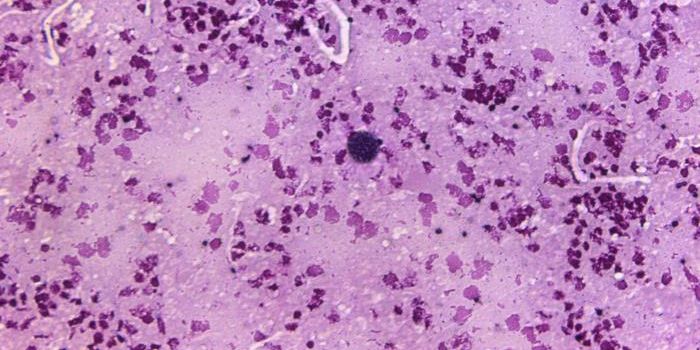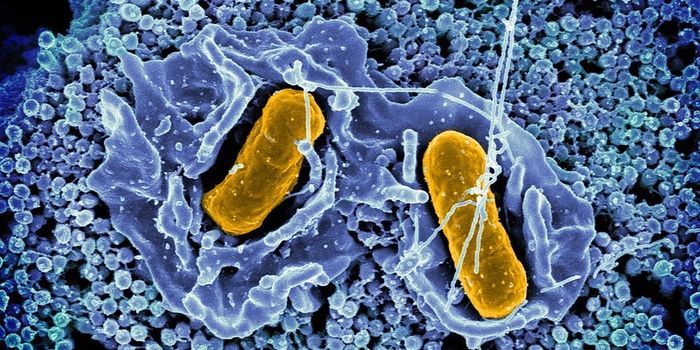Leprosy Has Been Detected in Wild Chimpanzees for the First Time
Leprosy has been infecting people since ancient times, and is estimated to have caused about 202,000 new infections in 2019. The disease is caused by infections with Mycobacterium leprae bacteria. These microbes primarily infect people, but can also sicken some other mammals such as red squirrels. Though it's been identified in animals in captivity, a new study has shown first time that some wild chimpanzees in two unrelated west African colonies in the Ivory Coast and Guinea-Bissau have leprosy. A genetic analysis indicated that the strains of microbes infecting the chimpanzees are not typically found in people. These findings have been reported in Nature.
The study authors aren't yet sure where the infections came from; they suggested that more wild animals are harboring the pathogens that cause leprosy than we knew, or something still unknown in the environment may have caused the infections like ticks or water contaminated with the bacterial pathogen. It's also possible that these animals came into contact with infected humans.
"This is the first confirmation of leprosy in nonhuman animals in Africa. It’s amazing that it also happens to be in our closest living relative, the chimpanzee, especially considering how well studied chimpanzees are in the wild," said lead study author Dr Kimberley Hockings, of the University of Exeter.
The researchers first observed potential signs of leprosy, which were a lot like those seen in people, in Guinea-Bissau chimpanzees. The animals had lesions and what's known as 'claw' hand. Genetic testing was used to confirm the infection.
Researchers then began to look for signs of leprosy at another site in the Ivory Coast, Tai National Park. An autopsy revealed that an older female had leprosy, and fecal samples diagnosed the disease in an adult male.
"The strains identified in each chimpanzee population are different, and both are rare in humans and other animal reservoirs worldwide," noted study co-author Dr. Charlotte Avanzi of Colorado State University.
The researchers are hopeful that this work will provide new insights into how leprosy is transmitted, and how it moves between species.
"In Guinea-Bissau it is possible that chimpanzees somehow acquired leprosy from humans in this shared landscape, although people do not kill or eat chimpanzees," added Hockings. "It is clear that leprosy is now being transmitted between separate chimpanzee communities."
People can take medication to cure leprosy, but it's unclear how wild chimpanzees will be impacted over time if the disorder continues to spread. Right now, western chimpanzees are considered critically endangered, and the population is not in a good position to lose members to illness.
Sources: University of Exeter, Nature









